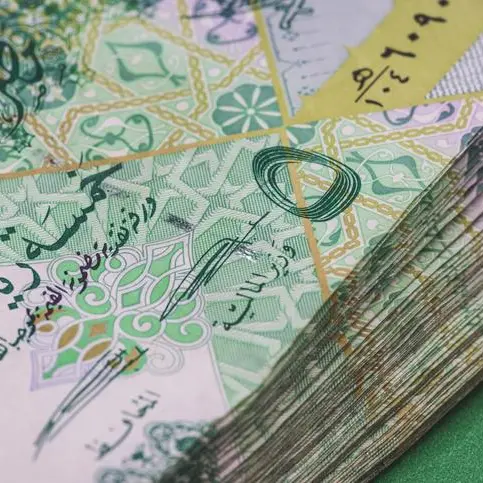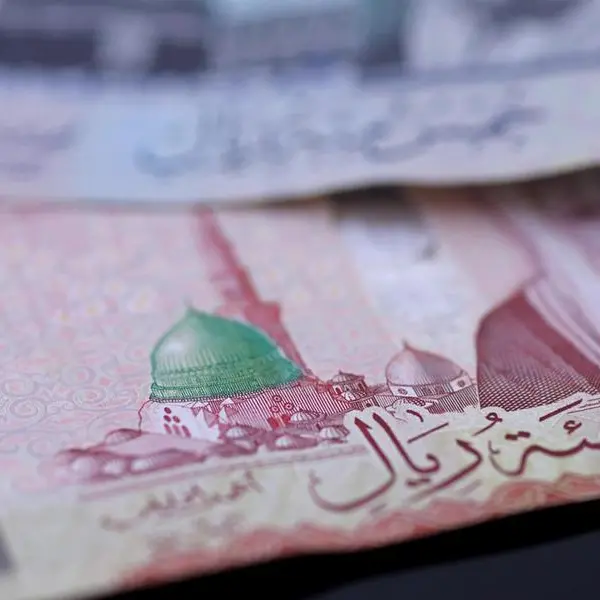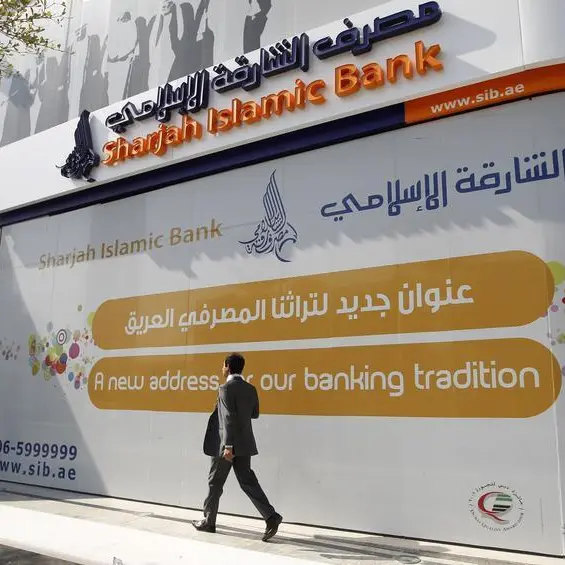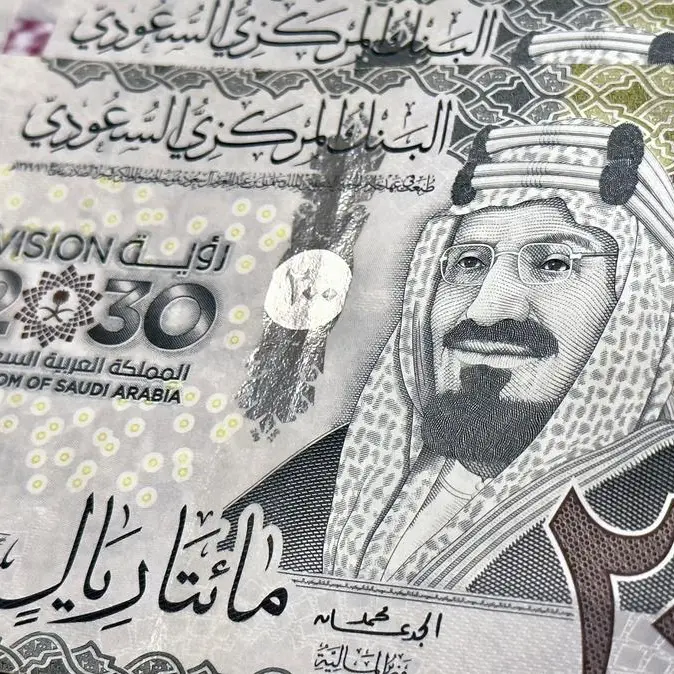PHOTO
As ESG-related investment gathers pace, regulators in the region have an opportunity to develop measures for greater inclusion of ESG considerations in the financial industry.
Zawya spoke with Zainab Kufaishi, Head of Middle East and Africa and Senior Executive Officer (Dubai branch) at Invesco Asset Management, to discuss some of the most prominent ESG themes and the emerging investment trends in the region.
What are the key investment trends Invesco is seeing in the GCC/Middle East?
Like other regions, we continue to see interest in alternatives, including private credit and real estate, as well as emerging market equity and debt, and a renewed interest in thematics and ETFs.
The dynamics of the Ukraine-Russia conflict have given rise to high inflation and commodity supply shocks around the world, taking a toll on most global markets. Investors are turning to safe-haven assets including gold which is pushing gold prices upward - a trend we would typically see occur in a rising inflationary environment. Gold ETFs in particular have attracted record inflows as investors search for returns.
We have also seen more Shariah-compliant ETFs coming on the market in the past year, which has drawn the attention of regional investors in search of investments that align with faith-based and moral values. Several of these falls into the category of socially responsible investing including climate change and clean energy as well as technology and physically-backed commodity ETFs.
Investors are using thematic funds in different ways to meet various objectives, including income diversification. Investors see broad exposure to environmental themes including solar, water and clean energy as critical to the fight against climate change. For those looking to capture emerging opportunities, we also see interest in blockchain- and digital asset-themed funds.
And what are the key risks you are factoring into your outlook for the Middle East?
Increasing geopolitical tensions around the world, including the war in Ukraine, are significant risks. If you add that to soaring global inflation, a cost-of-living crisis in many countries and continued Covid-19 uncertainties, we could be heading into a perfect storm of stagflation in some of the world’s largest economies.
That would herald a sharp decline in consumption and subsequent slumps in output in the fast-growing developing economies. Additionally, higher energy prices could eventually result in lower demand for energy (especially as real incomes are squeezed in the rest of the world), which will depress GCC export earnings and regional trade. For policymakers in our region, there are limited levers at our disposal, particularly with currencies pegged to the dollar.
What are the granular ESG trends in Middle East markets according to Invesco?
Since the pandemic, we have seen investors in the Middle East pivot towards making ESG a priority. The “E” has been more in focus as concerns about water security, environmental health and sustainability have moved to the forefront of investment conversations.
SWF and Central Banks in particular have zeroed in on climate change by tracking carbon exposure in their portfolios and investing in assets or direct investments that meet their climate-related objectives. We have seen the launch of several carbon-free giga-projects and the recent expansion of green finance in the region, which should not only help spark economic growth but boost investment towards securing a more sustainable future.
The rise in the number of ESG-related thematic funds offers appeal to both the institutional and wholesale segment with broad themes ranging from water and solar to green buildings. The increasing variety of ESG-themed products allows meaningful exposure to underlying trends while meeting the needs of investors with different requirements and tracking tolerances.
One of the biggest hurdles in ESG investing is access to data. How can we find reliable and trustworthy data for Middle East markets?
The topic of conversation for investors is less about whether ESG investing is important but about how to accelerate the development of new ESG products and solutions, how to harness data to understand and measure ESG impact, and how to work with policymakers to help formulate ESG investment regulations.
Convergence in ESG reporting and disclosure standards would certainly affirm reliable data for better investment decisions. In the GCC we do not yet have an agreed set of standards but several initiatives are underway to move in this direction. Today, investors might employ proprietary or canned screening tools to assess a variety of ESG-related factors.
Do you believe the region is moving towards a more open compliance structure and towards more data disclosure?
ESG investing has grown in recent years, and regulations and ancillary sectors and services have tried to keep pace. The regulatory regime is evolving around the world, with Europe leading the way in terms of frameworks to provide more standardization around disclosures and taxonomy.
In this region while we are still at an early stage in our ESG journey, we have several high-profile initiatives underway that could allow us to have a seat at the table and help develop these global standards.
On a more local scale, we are headed in the right direction given there are already reporting and disclosure requirements for companies listed on regional markets.
(Reporting by Sunil S; editing by Seban Scaria)





















